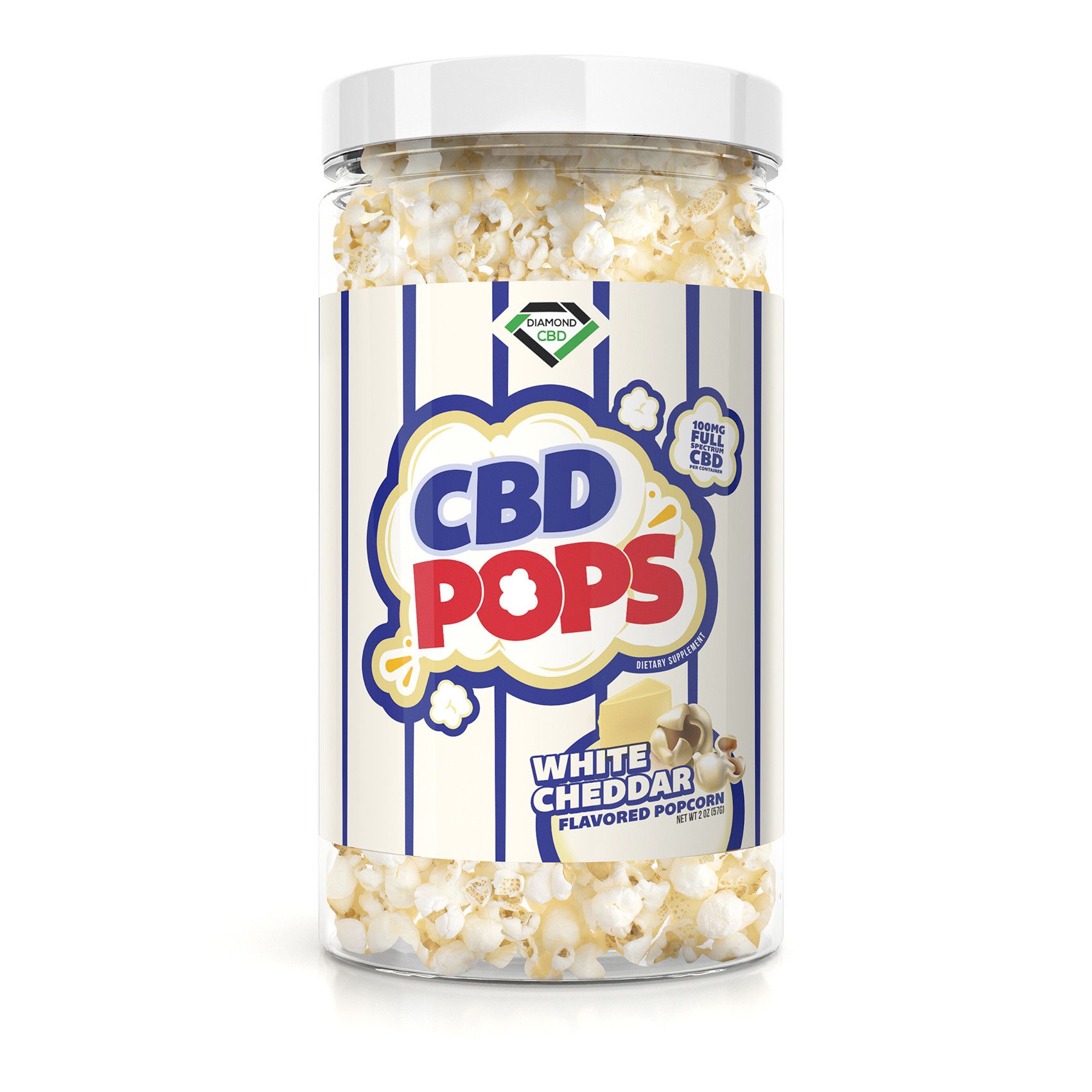
Don’t give up on market opportunities for minor cannabinoids
The inclusion of delta-eight THC in the U.S. Drug Enforcement Administration’s “orange ebook” of managed materials in May 2021 left producers, stores, customers, or legal professionals are scratching their heads.
With the delta-eight loophole reputedly final, many are approximately the door shutting at the capability market for many novel cannabinoids being explored. While the laws are undoubtedly complicated, the prison landscape remains wide open for new cannabinoid markets at the national stage – with a crucial caveat: Those cannabinoids can not be intoxicating.
What sparked the delta-eight debate
Delta-eight THC is an intoxicating cannabinoid that the use of hemp-derived CBD can manufacture.
It is generally taken into consideration with the aid of purchasers to existing at the border between marijuana and hemp-based CBD since it gives a mild excessive.
These residences also make it an exciting substance legally. The Farm Bill legalized hemp and its derivatives on the federal degree.
Since delta-8 is a hemp spinoff, there is a prison loophole with an area for hemp-derived delta-eight to be legally offered by using shops across the U.S. In an equal manner, CBD can be sold.
This role was challenged while the DEA protected delta-eight THC in its “orange ebook.”
The DEA’s stance has been bolstered with the aid of fast action taken through state lawmakers, with delta-8 now being banned or confined in 18 states and below evaluate in 4 greater. In those states, the placement is blatant.
In others, the waters are muddied since the DEA’s inclusion of delta-8 in its “orange ebook” doesn’t routinely make the substance unlawful. Federal legal guidelines are currently silent on hemp-derived delta-8.
The debate sparked by using the DEA trying to shut this apparent loophole has been fierce.
Many believe the DEA’s choice is inaccurate, such as many legal professionals who focus on hashish.
These attorneys argue that hemp derivatives are legal, and the DEA has overstepped in including delta-8 THC in its listing of controlled materials.
Others argue that the DEA relates to hashish-derived delta-eight since the Farm Bill legalized hemp-derived cannabinoids with a delta-9 THC awareness of 0.Three% or much less.
However, those arguments fail to take the “spirit of the law” in the Farm Bill into account.
The Farm Bill, in all likelihood, meant to carve out nonintoxicating materials derived from hemp and make that criminal.
It’s for this reason that there’s a cap on the quantity of THC that can lawfully be left in hemp-derived merchandise for them to fall beneath the Farm Bill legalization.
It seems clear that federal lawmakers were supposed to exclude intoxicating cannabinoids after they drafted the Farm Bill – and that purpose is something the courts will do not forget if they may be requested to interpret these laws.
But this doesn’t close the door to further business possibilities in the criminal marketplace carved out via the Farm Bill.

Space for different nonintoxicating cannabinoids
More than a hundred different cannabinoids (past THC and CBD) had been identified.
The outcomes of the sizeable majority of the alternative cannabinoids on human beings have now not been explored.
Excitingly, any of the alternative hemp-derived cannabinoids that don’t provide an intoxicating high should, in the end, generate a felony marketplace inside the U.S.
Some of these other cannabinoids have already started out generating interest.
Cannabigerol, or CBG, is a nonintoxicating substance that’s attracting new hobbies among researchers and cultivators – as is cannabichromene (CBC).
Cannabinol, or CBN, is any other legally interesting substance that’s drawing hobby. It is intoxicating, however, only marginally.
It’s considered nonintoxicating, so it’s far much less possibly to draw the attention of the DEA if it had been to be produced and offered commercially.
The enterprise have to focus on exploring greater of the hemp-derived cannabinoids to determine whether or not they:
Are nonintoxicating.
Hold capability to be commercialized.
Cannabinoids that meet these standards are likely to be prison under the Farm Bill and will not draw the interest of the DEA. They, consequently, hold pretty numerous capacities to make more significant the prison marketplace.
In heading off the DEA, don’t overlook the FDA.
One lesson the enterprise needs to take from the (now-closed) delta-8 loophole is to forget approximately no longer the U.S. Food and Drug Administration.
Retailers leaped wholeheartedly into the purportedly legal marketplace for delta-eight, adding it to dietary supplements and meals without regard for the desired FDA packages.
Food and dietary supplements containing CBD won’t be authorized with the aid of the FDA because of the drug-exclusion rule, which prevents the inclusion of energetic elements in accredited capsules or pills being tested in clinical trials from being delivered to meals or dietary supplements.
Since CBD is an active ingredient in an accredited drug, Epidiolex, CBD falls below the drug-exclusion rule.
Equally, merchandise containing THC will also fail to get hold of FDA approval since it’s considered a managed substance underneath federal regulation.
But there’s an area for FDA acclaim for cannabinoids that aren’t THC or CBD to be protected in nutritional supplements and food.
However, such materials aren’t authorized to be covered in meals or dietary supplements until they have gone through the relevant FDA approaches for a required food additive petition – namely, accomplishing an evaluated GRAS (commonly diagnosed as secure) for food merchandise or “new nutritional ingredient” notification for dietary dietary supplements.
Obtaining the FDA’s approval to add these rising cannabinoids offers legitimacy to the market while lowering the danger of enforcement.
The hemp enterprise is already well worth billions and appears set to grow into the future.
There are many opportunities for investors, retailers, cultivators, researchers, and manufacturers to explore capacity new hemp-derived merchandise.
But, for now, even as marijuana and THC continue to be federally unlawful, it’s safer to make the most of the marketplace for nonpsychoactive cannabinoids.